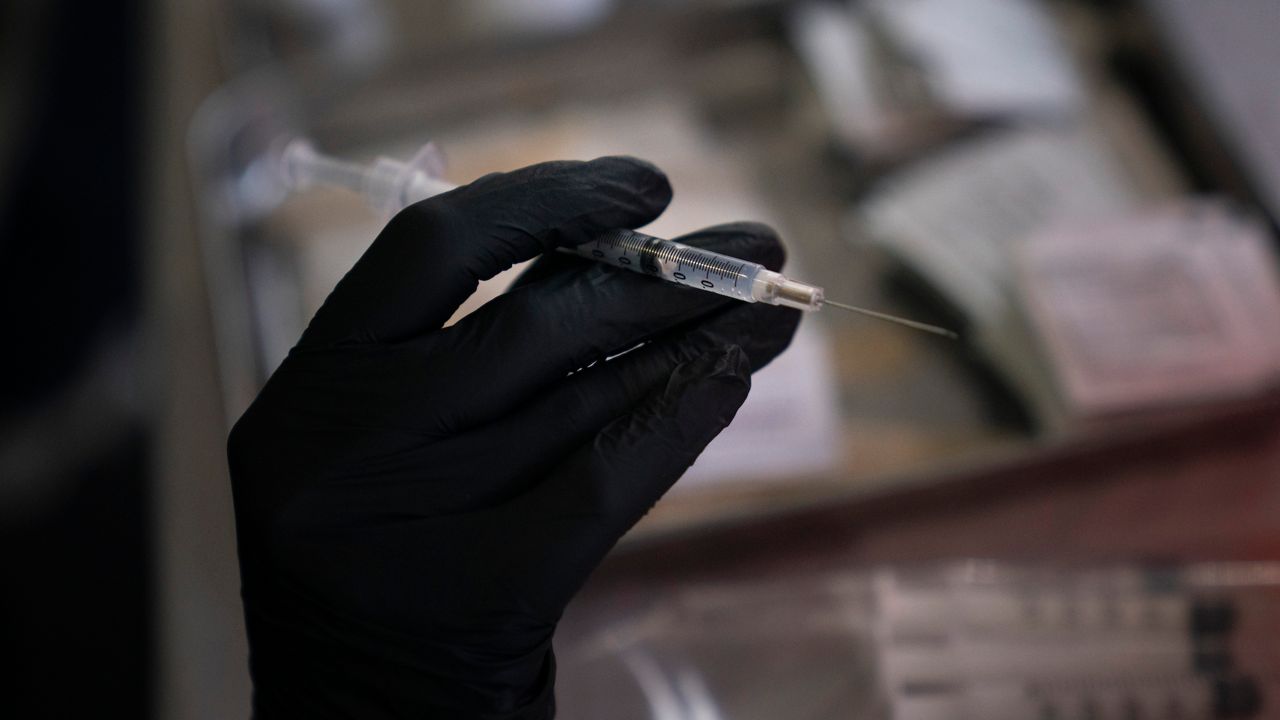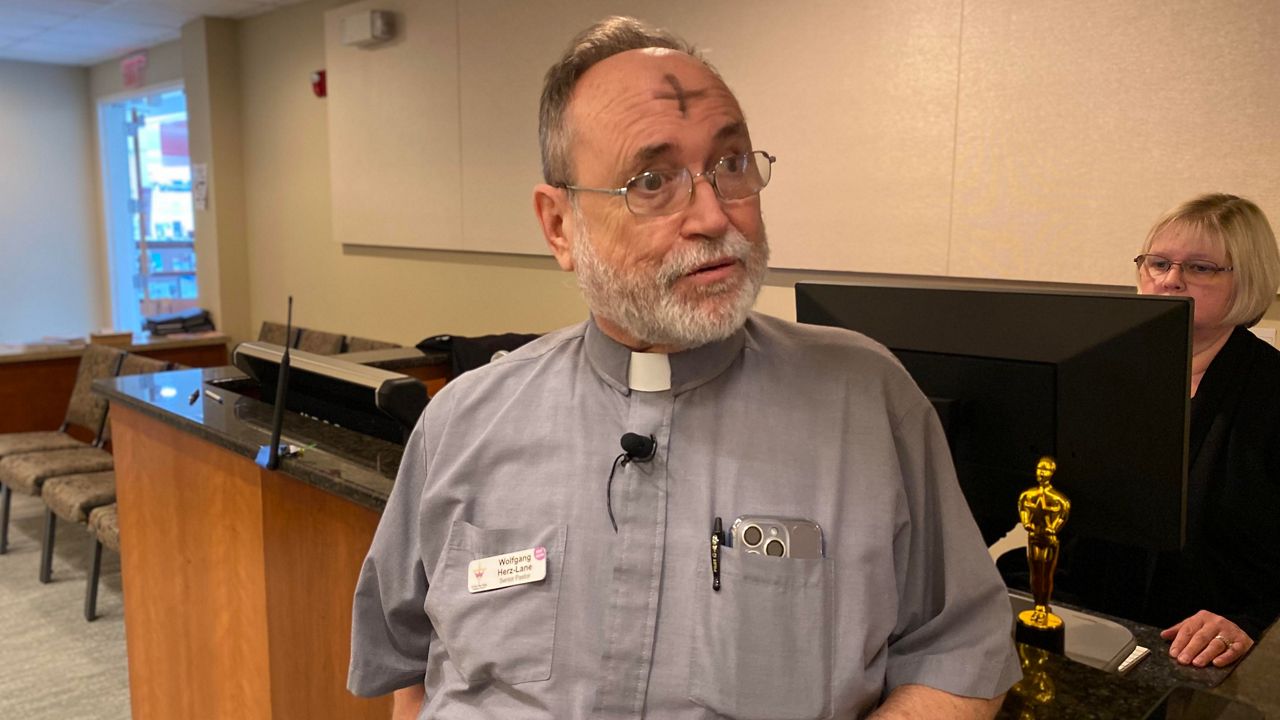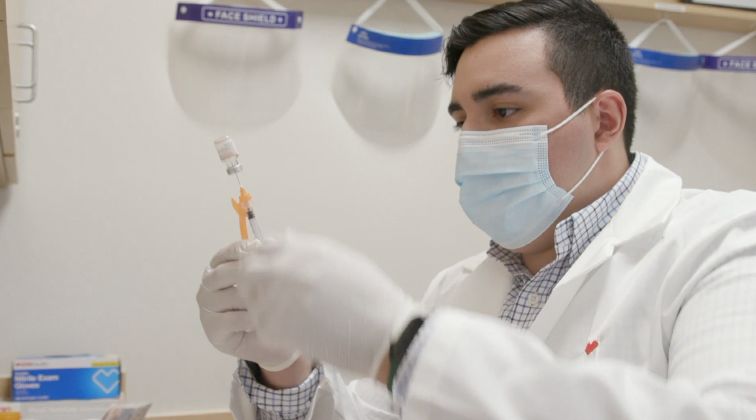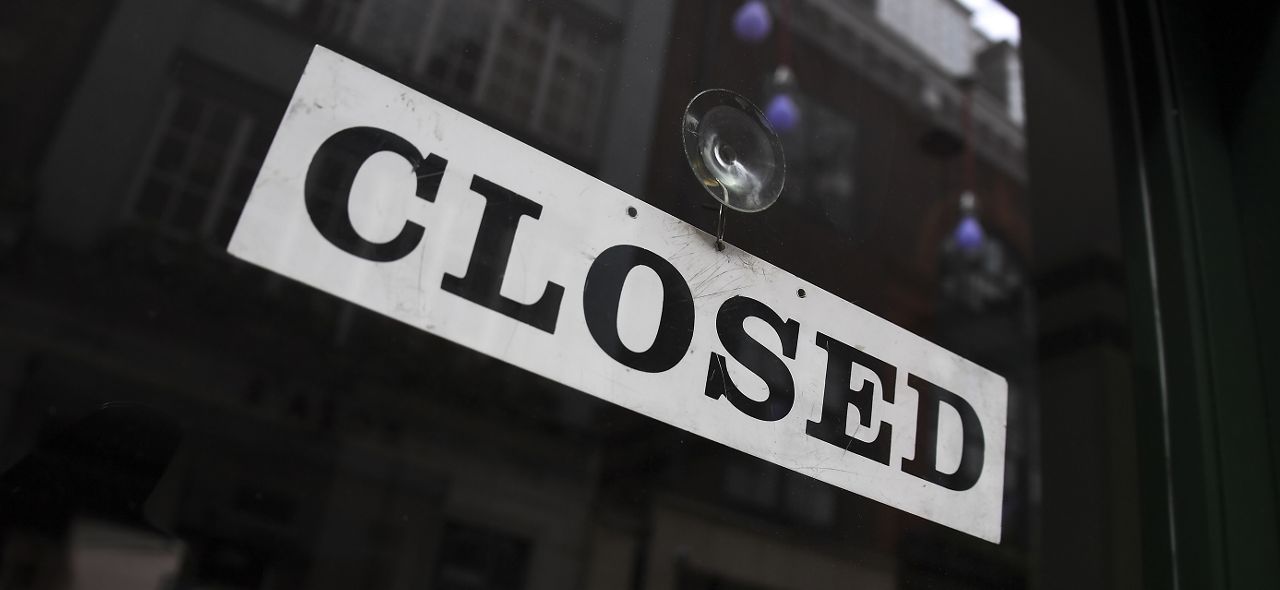CHARLOTTE, N.C. — According to the CDC, more than 1,300 people took their own life in North Carolina in 2019. With the impacts of the pandemic leaving people isolated, many fear total numbers for 2020 will be even higher.
Fonda Bryant is concerned about the mental health needs arising during the pandemic. Bryant tried to take her life 26 years ago, but now uses her survival as a lifeline for others.
Bryant recapped the day she decided to call it quits.
“When I called her and told her she could have my shoes, she called me back and asked me was I going to kill myself, and I told her, yes,” Bryant recalls.
Bryant teaches a QPR suicide prevention training, which focuses on warning signs and ways someone can intervene.
“To be able to recognize someone who is suicidal, in crisis, talk and listen to them, and get them the help that they need,” she adds.
NCDHHS says trainings like the one Bryant teaches are more important now than ever.
“Many folks have lost their jobs. Many folks can’t pay their rent. Many folks are trying to keep their things together that way and that is stressful and causes anxiety,” Kody Kinsley, the Deputy Secretary for NCDHHS Behavioral Health, explains.
Before the pandemic, the state’s suicide lifeline would receive about 325 calls a day. That number increased slightly in 2020, but the types of calls changed because of COVID-19.
“Longer calls, more acuity, more complexity of issues. Actually, about two-thirds of callers are new and the remaining are repeat callers,” Kinsley continues.
NCDHHS has several programs centered around behavioral health and providing help and hope for those in need.
But with the pandemic and its consequences still bringing uncertainty, advocates like Bryant say resources need to be more available and community involvement is crucial.
Data for 2020 is still being compiled. Not only do officials say more calls have come in, but that more people are needing more intense treatment because of the pandemic.









